News
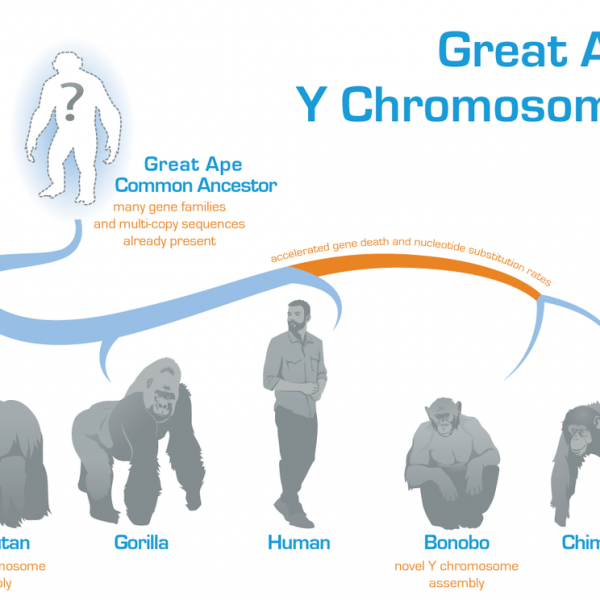
Oct 07, 2020
Evolution of the Y chromosome in great apes deciphered
New analysis of the DNA sequence of the male-specific Y chromosomes from all living species of the great ape family helps to clarify our understanding of how this enigmatic chromosome evolved.
Full Article
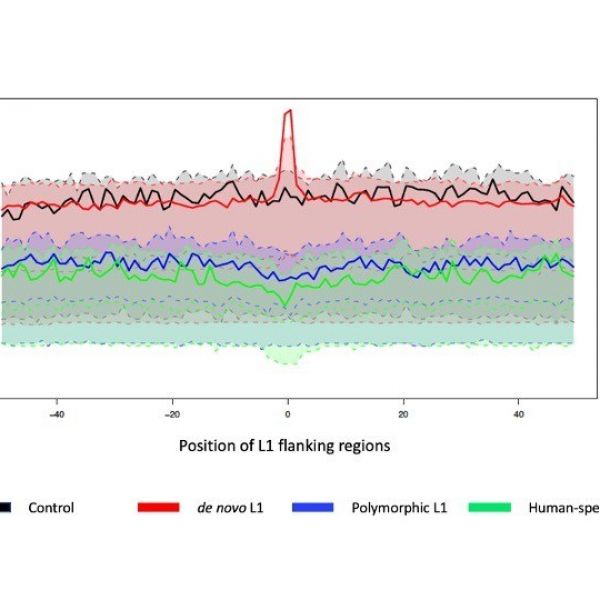
Oct 02, 2020
Scientists take a step toward understanding 'jumping genes' effect on the genome
Using state-of-the-art statistical methods, a team of researchers said they may have taken a leap closer to understanding a class of jumping genes, sequences that move to different locations in the human genome, which is the body’s complete set of DNA.
Full Article

Sep 23, 2020
Huck Institutes Seeks Director of Graduate Training Initiatives
The Huck Institutes of the Life Sciences is searching for a Penn State faculty member interested in overseeing a number of training programs for master's and doctoral students.
Full Article
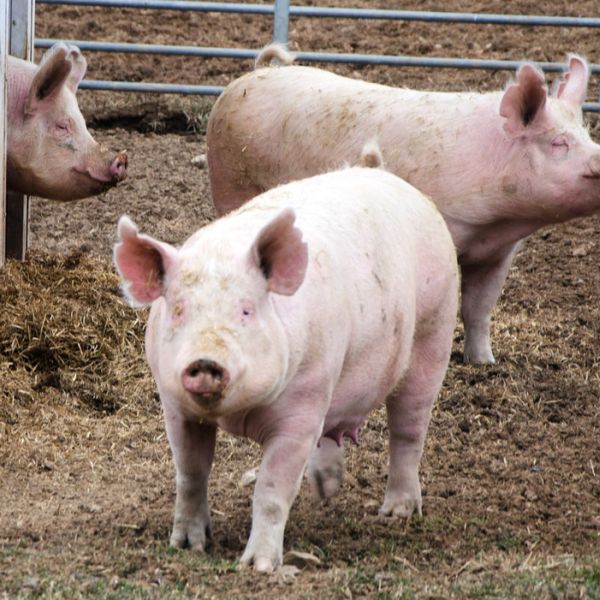
Sep 14, 2020
Penn State researchers to study novel coronavirus potential to infect livestock
A grant from the U.S. Department of Agriculture will enable Penn State researchers to study the potential for SARS-CoV-2, the novel coronavirus that causes COVID-19, to infect and spread among livestock.
Full Article

Aug 12, 2020
Determining how a coronavirus protein takes over human protein-making machinery
Jean-Paul Armache, assistant professor of biochemistry and molecular biology, has been awarded seed funding from the Huck Institutes of the Life Sciences at Penn State to use cryo-electron microscopy to study how an important SARS-CoV-2 protein binds to and takes over the human ribosome — a protein factory in the cell that the virus uses to copy itself.
Full Article
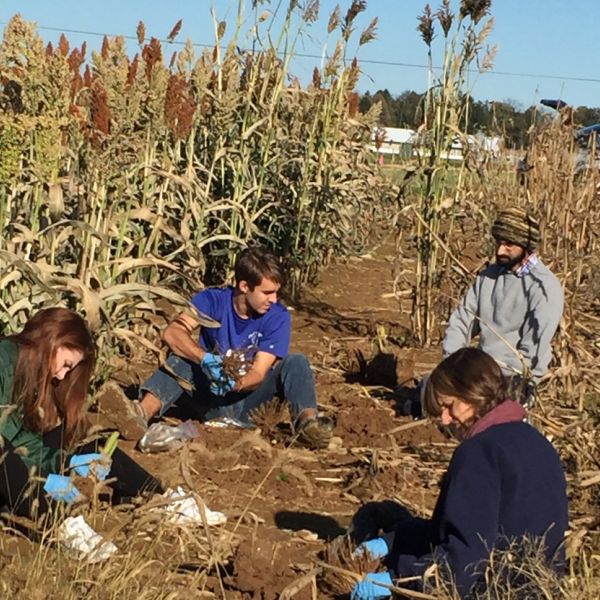
Aug 21, 2020
Flavonoids' presence in sorghum roots may lead to frost-resistant crop
Flavonoid compounds — produced by the roots of some sorghum plants — positively affect soil microorganisms, according to Penn State researchers, who suggest the discovery is an early step in developing a frost-resistant line of the valuable crop for North American farmers.
Full Article
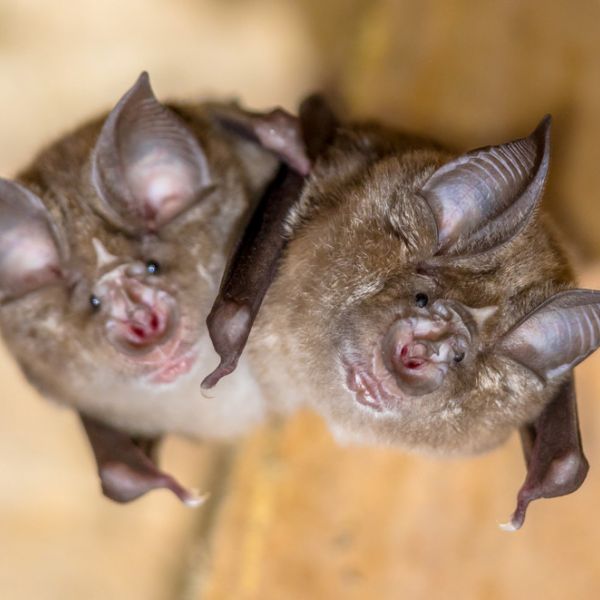
Jul 28, 2020
Researchers identify evolutionary origins of SARS-CoV-2
By reconstructing the evolutionary history of SARS-CoV-2, the virus that is responsible for the COVID-19 pandemic, an international research team of Chinese, European and U.S. scientists has discovered that the lineage that gave rise to the virus has been circulating in bats for decades and likely includes other viruses with the ability to infect humans.
Full Article
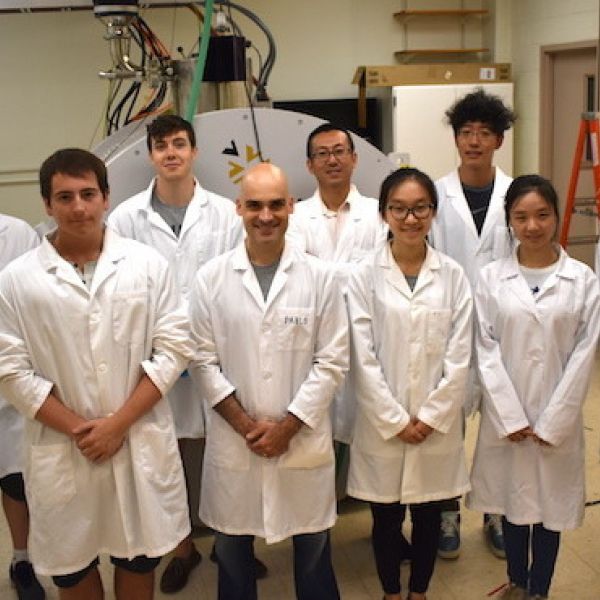
Jul 27, 2020
Researchers to examine relation of dysfunctional brain hubs to mental disorders
The National Institutes of Health has awarded Penn State researchers a $1.85 million grant to develop a new way to test if dysfunctions in certain areas of the brain lead to mental health complications and brain disorders. If successful, the research could lead to better mental health treatments.
Full Article
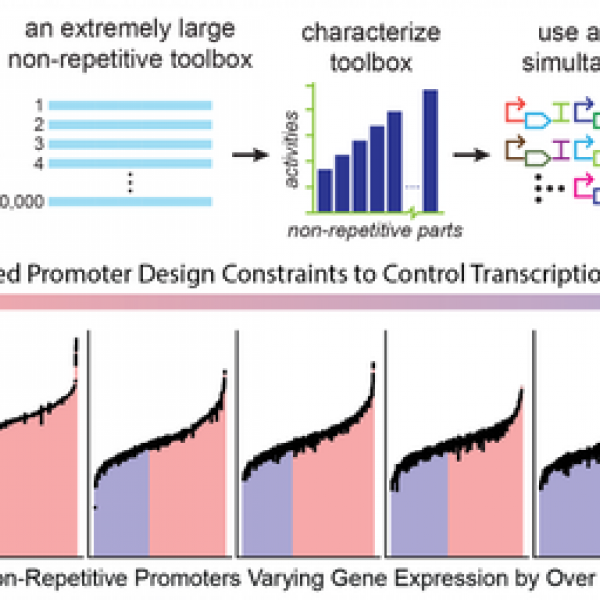
Jul 21, 2020
Researchers offer solution for one of synthetic biology's biggest problems
A team of Penn State and University of Washington researchers recently developed a new algorithm to help prevent the failure of engineered genetic systems, or organisms engineered to have new capabilities.
Full Article
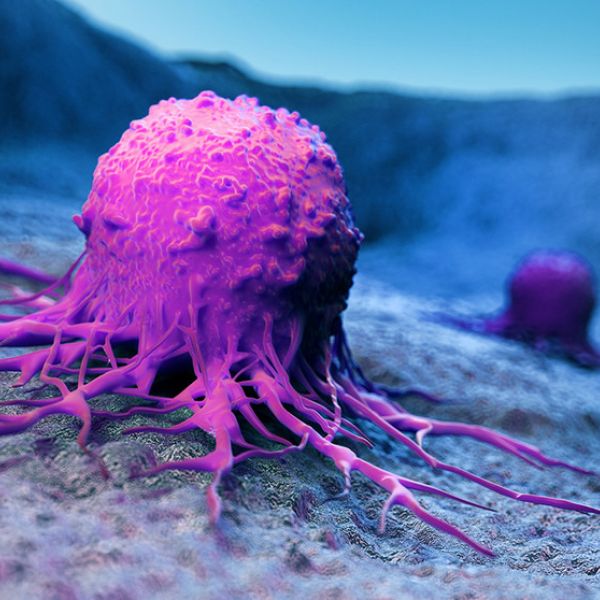
Jul 08, 2020
Custom nanoparticle regresses tumors when exposed to light
A unique nanoparticle to deliver a localized cancer treatment inhibits tumor growth in mice, according to a team of Penn State researchers.
Full Article